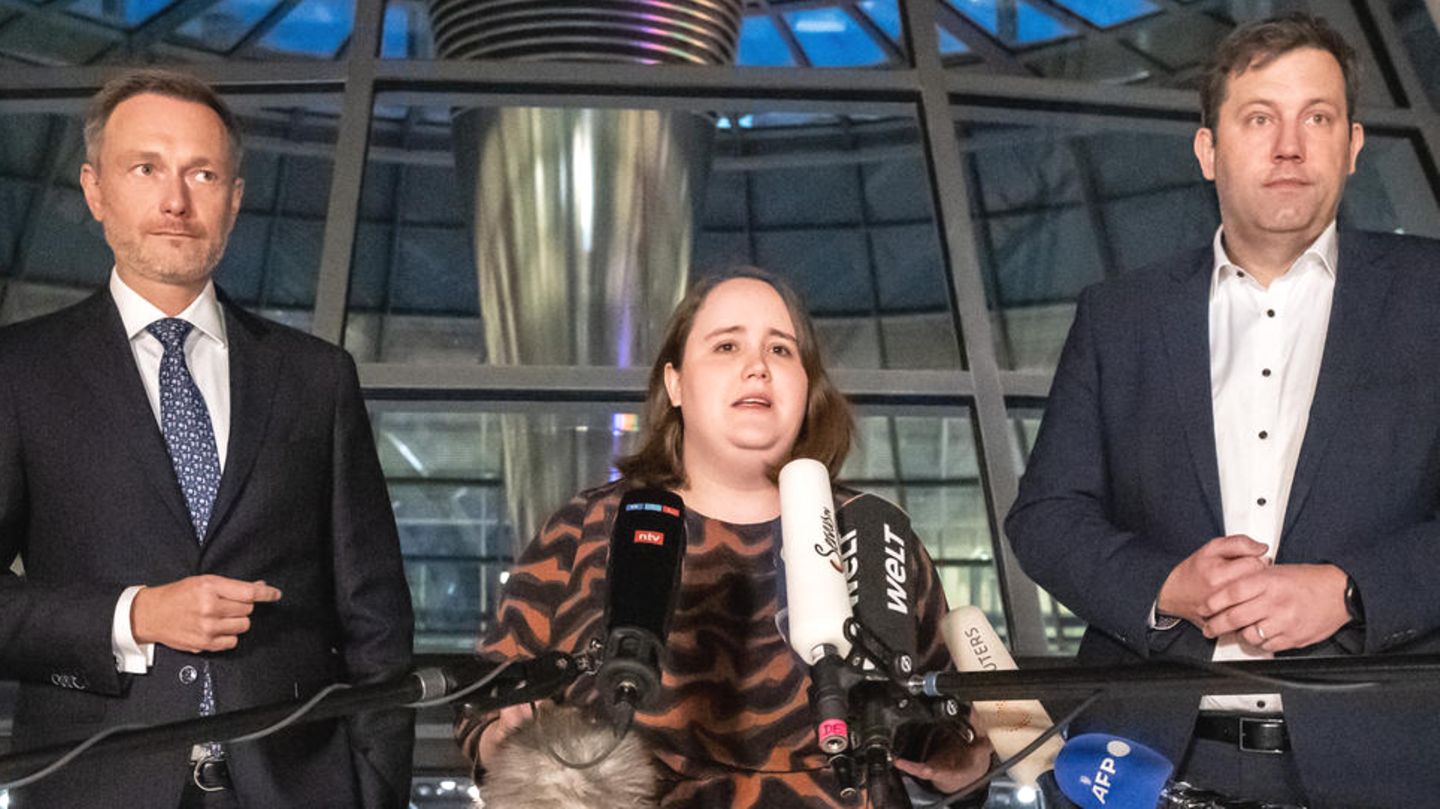Germany’s Traffic Light Coalition Collapses After Year of Internal Strife
BERLIN, GERMANY – Germany’s governing coalition, nicknamed the "Traffic Light" for its composition of the Social Democrats (SPD), Greens, and Free Democrats (FDP), has officially collapsed after months of escalating policy disagreements and a failure to find common ground on key legislative priorities. The announcement, made late yesterday by Chancellor Olaf Scholz, follows weeks of speculation and intense behind-the-scenes negotiations that ultimately proved fruitless. The collapse throws Germany into political uncertainty, triggering early elections expected within the coming months.

The coalition, formed in December 2021, has been plagued by internal tensions from the outset. While initially presenting a united front, deep divisions emerged on crucial policy areas, including energy policy, defense spending, and migration. The final straw appears to have been the FDP’s staunch opposition to the coalition’s proposed climate package, which included significant investments in renewable energy and stricter emission targets. This disagreement, coupled with ongoing disputes over the handling of the refugee crisis and the increasing cost of living, created an insurmountable rift within the governing alliance.
"Despite our best efforts to find common ground, irreconcilable differences on fundamental policy issues have made it impossible to continue governing effectively," Chancellor Scholz stated in a televised address to the nation. He emphasized the need for a stable government and called for "calm and responsible" behavior from all political actors during the upcoming election period.
Sources within the FDP confirmed their party’s unwavering opposition to the proposed climate package, citing concerns about its economic impact on businesses and individuals. "The proposed measures were simply unrealistic and would have crippled our economy," stated FDP leader Christian Lindner in a press conference. "We believe a different approach, one that focuses on innovation and market-based solutions, is necessary."
Conversely, the Greens expressed deep disappointment at the coalition’s collapse, highlighting the urgency of addressing climate change. "This is a setback for Germany and for the fight against climate change," commented Annalena Baerbock, the outgoing Foreign Minister and Green Party co-leader. "The FDP’s prioritization of short-term economic interests over long-term environmental sustainability is deeply concerning."

The SPD, while acknowledging the difficulties faced by the coalition, refrained from directly criticizing the FDP, emphasizing the need for a smooth transition to a new government. However, internal sources suggest growing frustration within the party over the FDP’s perceived intransigence.
The collapse of the Traffic Light Coalition has significant implications for Germany’s domestic and foreign policy. The upcoming elections are expected to be highly contested, with the potential for a significant shift in the political landscape. The economic consequences of the political instability remain uncertain, although analysts predict potential market volatility in the short term. The European Union also faces uncertainty, with Germany’s role in shaping EU policy now in question. Further analysis will be needed to assess the long-term impact of this unprecedented political development.


